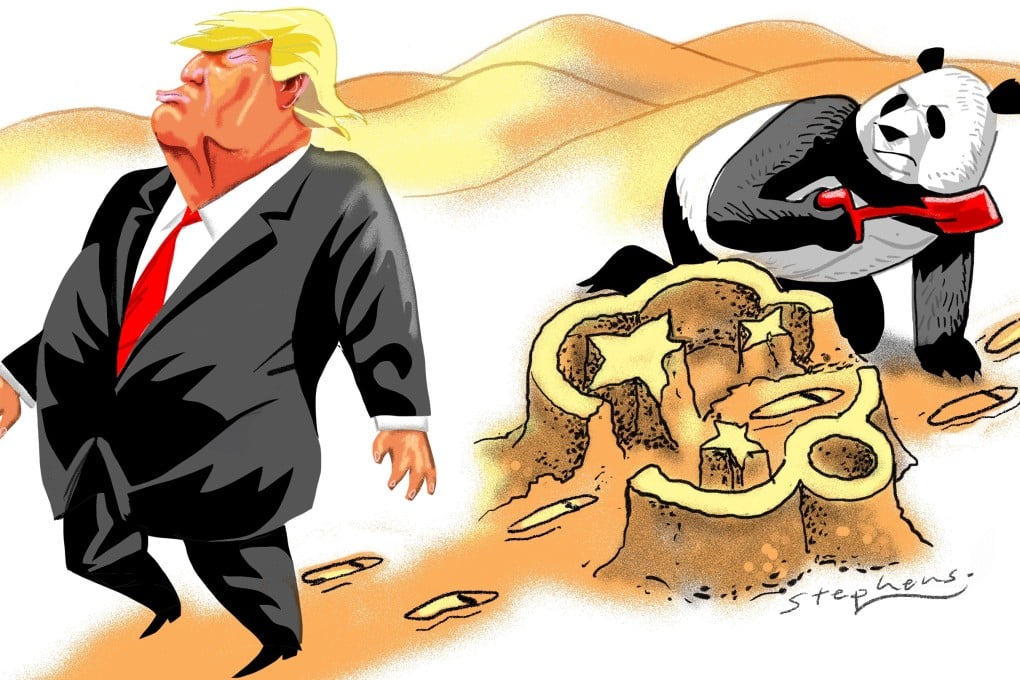Advertisement
Opinion | The killing of Iran’s Qassem Soleimani is a reality check for China’s Middle East aspirations
- Hopes that China’s presence in the volatile region could provide some needed stability now appear too optimistic in light of the US’ targeted strike
- A full-blown US-Iran confrontation would be bad news for Beijing, undermining its push for belt and road development
Reading Time:4 minutes
Why you can trust SCMP

The killing on Friday of top Iranian commander Qassem Soleimani by the United States was very bad news for China. Tehran’s inevitable response will further deteriorate the geopolitical situation in the Persian Gulf region, which serves much of Chinese oil needs and is an essential element of President Xi Jinping’s Belt and Road Initiative.
Beijing said the US drone strike against the Iranian general, who headed the Islamic Revolutionary Guard’s elite Quds Force and was responsible for Iran’s overseas military and intelligence operations, was a form of abuse.
In a phone call with his Iranian counterpart over the weekend, Chinese Foreign Minister Wang Yi pointed out that China would continue to play a “constructive role” in preserving peace and security in the Middle East.
Advertisement
Despite Wang’s words of commitment, Soleimani’s elimination largely contradicts the thesis of those who claim China’s presence and activism in the region could work as a deterrent to Washington’s military adventurism.
Beijing cannot deter the US in the region, and probably cannot mitigate Iran’s ambitions
At the end of the recent joint naval exercises between Iran, China and Russia in Gulf waters, Iranian President Hassan Rowhani said the drills had infuriated the US and its allies in the region.
Advertisement
Advertisement
Select Voice
Select Speed
1.00x
